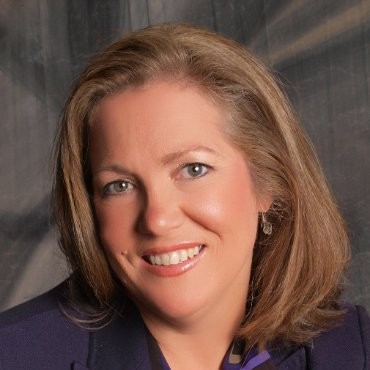By Jason Chen
Financial Math Graduate Student at University of Minnesota

I went to the presentations of all three financial companies (Physicians Realty Trust, StoneCastle Finance, and Piper Sandler Companies). I chose these companies because I am a graduate student majoring in financial math, so I’m more familiar with this topic in general compared with consumer goods, industrials, etc. I wanted to learn more about these financial companies, what they do, and what information they would choose to make public. It was a great opportunity for me to know more about the industry and gain more experience. What I took away from these presentations was probably not as comprehensive as other audiences because I am not an investor, and the content of the presentation itself was not as useful to me at present. What was important to me was the experience: I learned how companies would introduce and present themselves, their concepts in the business, and how to handle questions and other unexpected things that can happen during a meeting. So, overall, that was a very interesting and helpful event for me.
A virtual conference is very different than an in-person one, and my overall experience of Intellisight 2020 was very positive. I’ll list some pros and cons on both sides from my perspective. Virtual conferences are very convenient and easier to organize. Audiences don’t have to physically go to the conference; they could simply log on virtually sitting in their office/home. Likewise, the organizer doesn’t have to set up the conference room/building, and there is not a lot of equipment needed. Theoretically, conference organizers would save a lot of time/energy preparing for the conference. But, speakers will deliver much better content in the in-person conferences. Speakers will have communications and interactions with the audiences and the audiences are able to participate more directly. It was very hard to stay focused on a screen to follow everything the speakers said all the way from the beginning until the last session in the afternoon. I believe audiences get tired easier and can be easily distracted in a virtual conference.
I think the organizers did a very great job preparing for the conference and made me feel like they had done it virtually many times. There were no mistakes or technical issues I experienced. But there were things I feel like could be improved. Each session was very short and limited from the company side that 35 minutes were not enough for them to finish everything. So, typically they went fast, and as a listener, it was very hard for me to catch and follow everything, especially when there was one session after another. We couldn’t see the speakers, so staring at the slides for the whole time was easy to lose focus and we couldn’t just raise our hands to ask questions, but instead needed to type in our questions. But the speakers would pause to wait for questions, and it would take a few minutes to just answer a question. So, after a few times, the audiences just didn’t ask questions.
I would participate in a virtual conference in the future. I believe the main reason that not too many people asked questions during the conference was each session was too short. Most presenters didn’t have enough time for Q&As. They only had time to answer 2 or 3 questions. So, if presentations were longer in the future, I would definitely participate.






